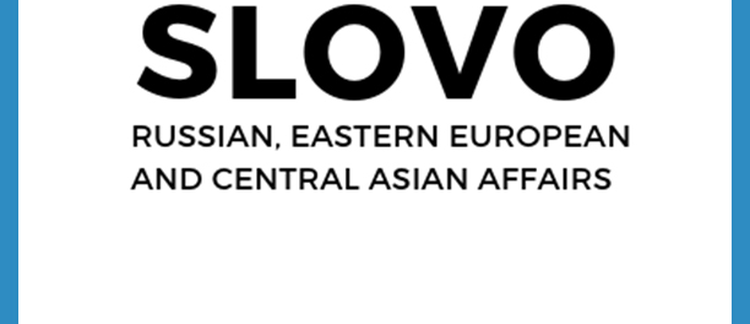Abstract
Drawing on concepts such as post-genocide literature, post memory (Marianne Hirsch), and resonance (Aleida Assmann), this paper discusses a third-generation narrative of the Armenian genocide, namely Varujan Vosganian’s novel The Book of Whispers, originally published in Romania in 2009. The first section of the paper examines whether the concepts of post-genocide literature and diasporic literature (Peeromian) can be applied to authors of Armenian origins writing inside the literary traditions of East-Central European national cultures. The second section analyses the literary techniques of inter-generational memory transmission in Vosganian’s novel. Particular attention is paid to the way in which family and documentary photos are employed in the novel, and three functions of photographs are discussed in relation with autobiographical memory, historical representation, and literary aesthetics. The third part of the paper uses Assmann’s concept of resonance to investigate how the Armenian genocide narratives are linked with other traumatic events such as the Holocaust, the mass deportations in the Soviet Gulag, or the political repression in Romanian totalitarianism, thus reshaping the European memory of violence.
Read here.
How to Cite:
Mironescu, A., (2017) “Quiet Voices, Faded Photographs: Remembering the Armenian Genocide in Varujan Vosganian’s ‘The Book of Whispers’”, Slovo 29(2), 20-39. doi: https://doi.org/10.14324/111.0954-6839.064
Downloads:
Download PDF
View PDF
489 Views
88 Downloads

